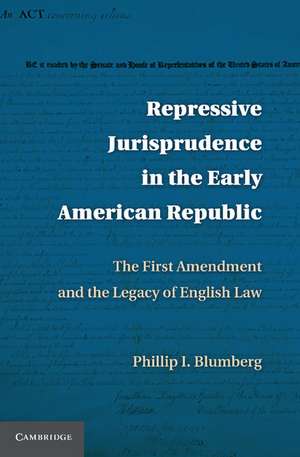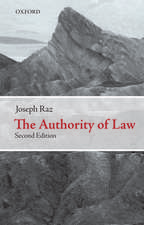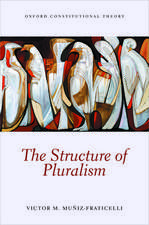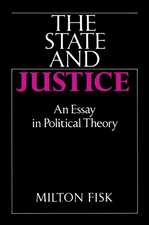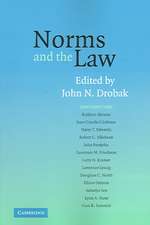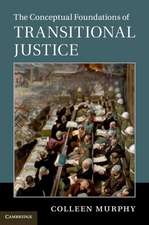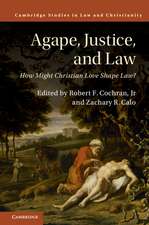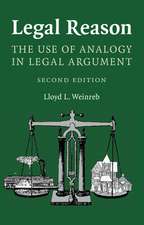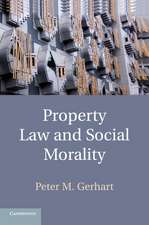Repressive Jurisprudence in the Early American Republic: The First Amendment and the Legacy of English Law
Autor Phillip I. Blumbergen Limba Engleză Paperback – 10 iul 2013
Preț: 270.51 lei
Nou
Puncte Express: 406
Preț estimativ în valută:
51.76€ • 54.33$ • 42.96£
51.76€ • 54.33$ • 42.96£
Carte disponibilă
Livrare economică 20 martie-03 aprilie
Preluare comenzi: 021 569.72.76
Specificații
ISBN-13: 9781107613034
ISBN-10: 1107613035
Pagini: 426
Dimensiuni: 152 x 229 x 22 mm
Greutate: 0.57 kg
Editura: Cambridge University Press
Colecția Cambridge University Press
Locul publicării:New York, United States
ISBN-10: 1107613035
Pagini: 426
Dimensiuni: 152 x 229 x 22 mm
Greutate: 0.57 kg
Editura: Cambridge University Press
Colecția Cambridge University Press
Locul publicării:New York, United States
Cuprins
1. Political and jurisprudential worlds in conflict in the new Republic; 2. Politics in the new Republic; 3. Seditious and criminal libel in the colonies, the states, and the early Republic during the Washington administration; 4. Federalist partisan use of seditious libel - statutory and common; 5. Seditious and criminal libel during the Jefferson and Madison administrations 1800–16; 6. Partisan prosecutions for seditious and criminal libel in the state courts: federalists against republicans, republicans against federalists, and republicans against dissident republicans in struggles for party control; 7. Established jurisprudential doctrines (other than seditious and criminal libel) available in the new Republic for suppression of anti-establishment speech; 8. Still other nineteenth-century doctrines for suppression of anti-establishment speech: the law of blasphemy and the slave-state anti-abolition statutes; 9. Conclusion.
Recenzii
'Blumberg's great contribution is to put the repressive, politically motivated Sedition Act prosecutions (and related state and common law prosecutions) in the context of a larger set of repressive doctrines and attitudes and to show how they often functioned synergistically to repress political critics.' Michael Kent Curtis, Journal of American History
Notă biografică
Descriere
Explains how America adopted the widely deplored Sedition Act of 1798 and how it undermined the political ideals of the American Revolution.
